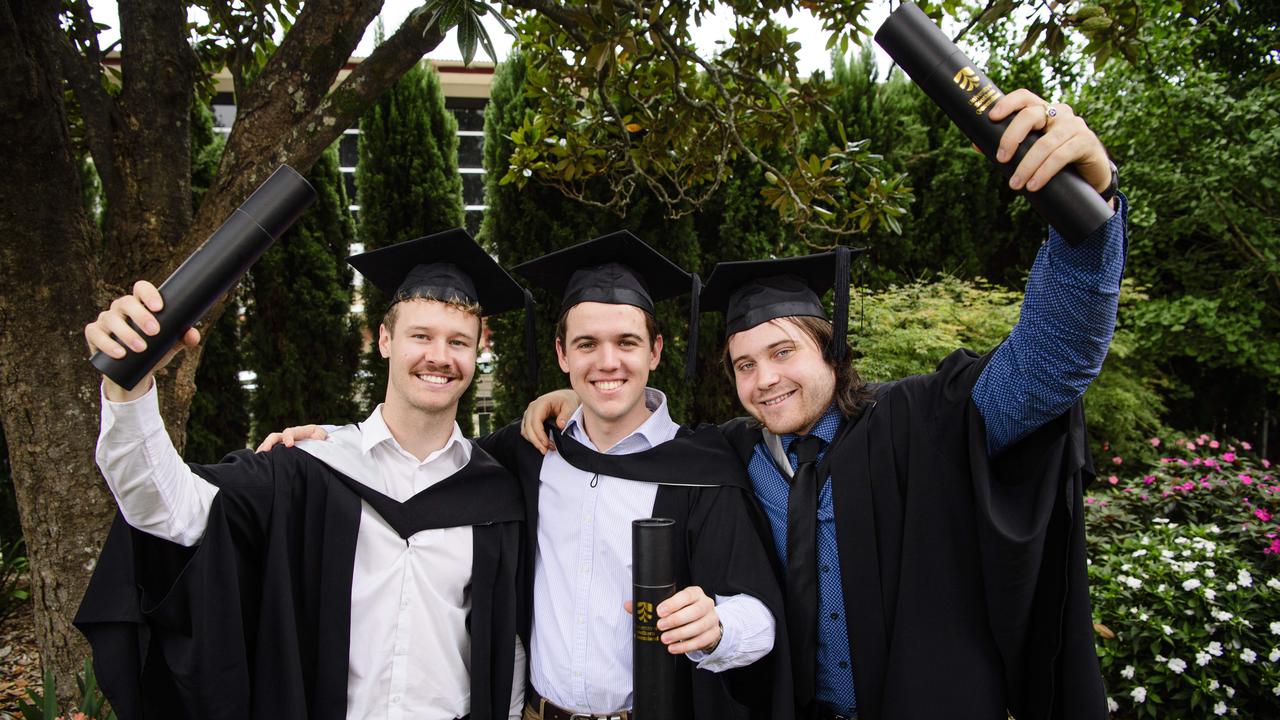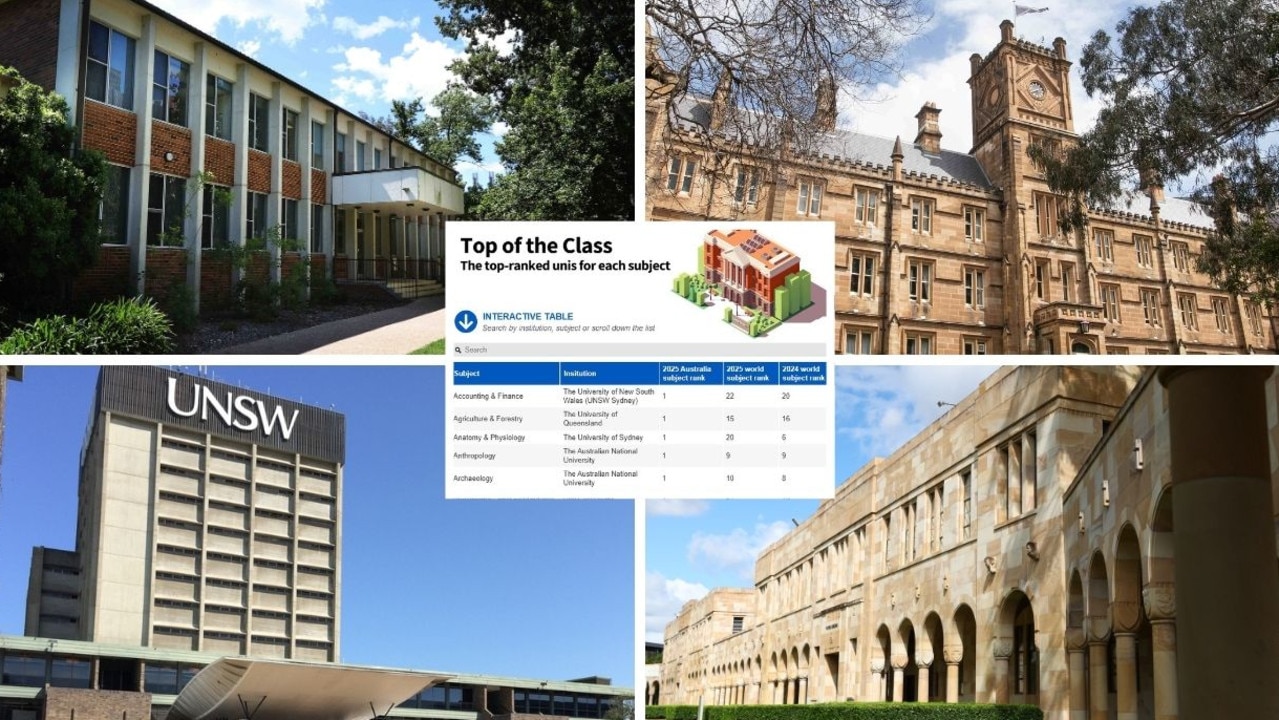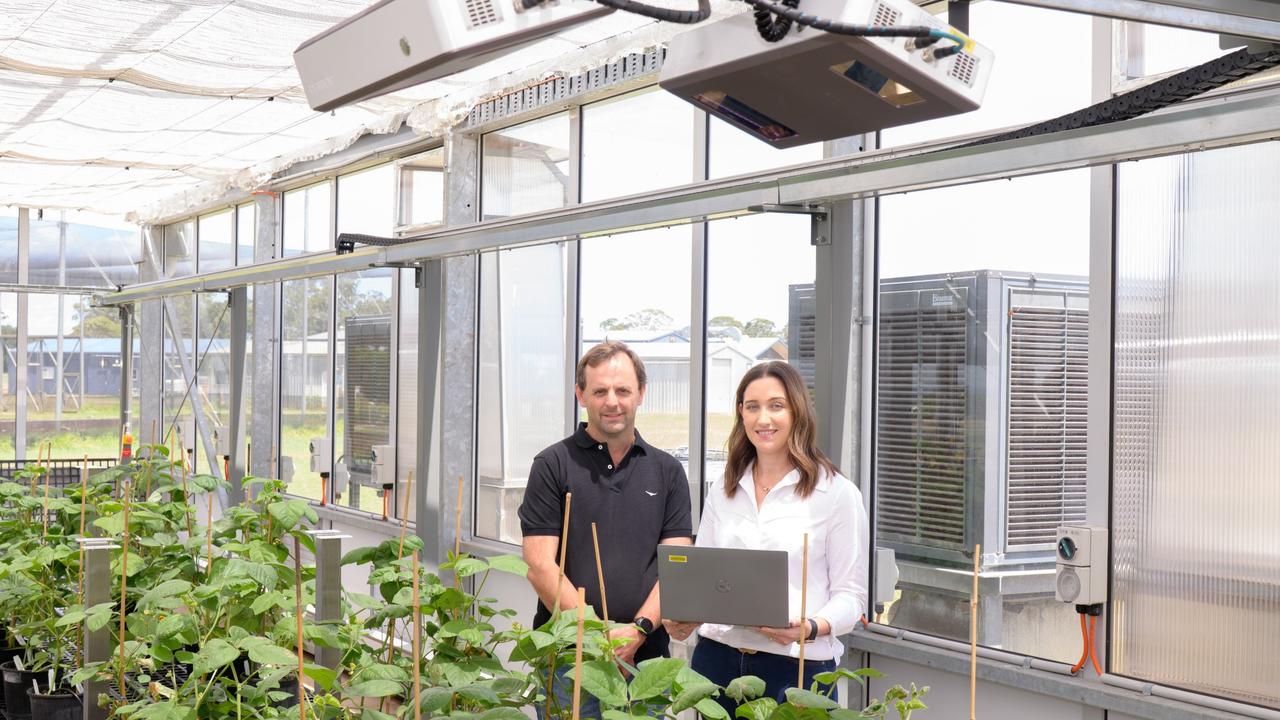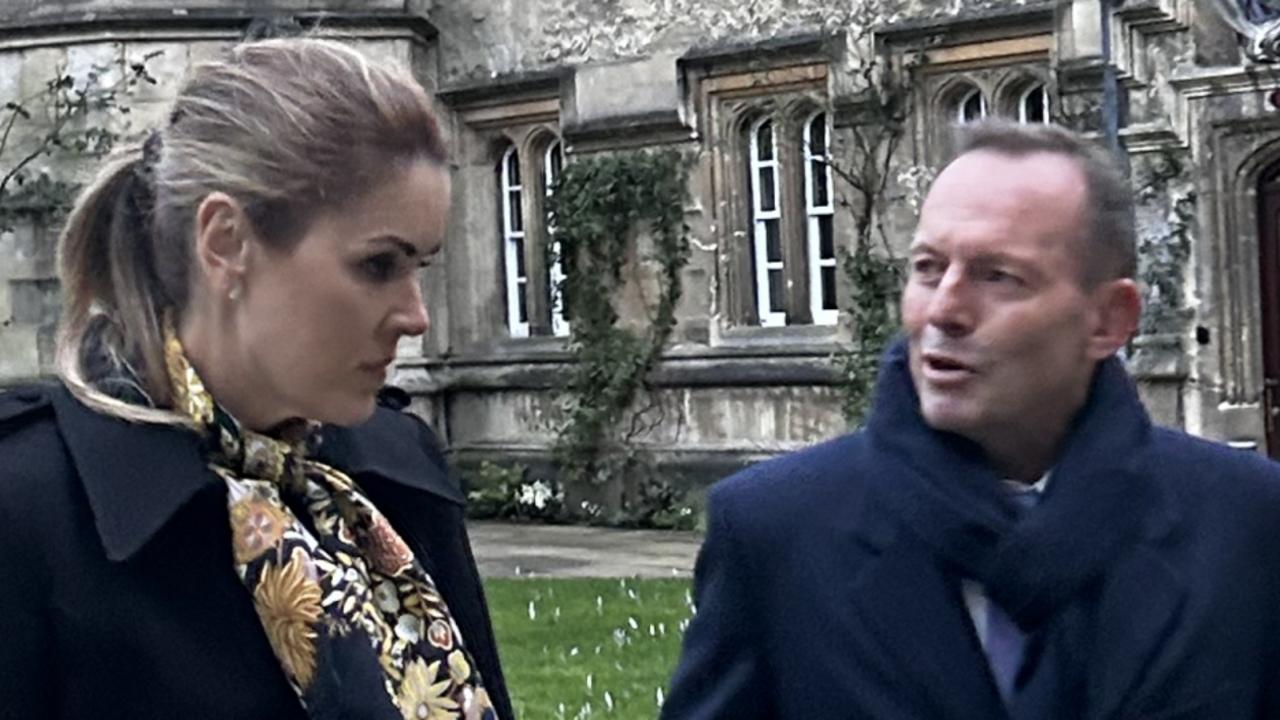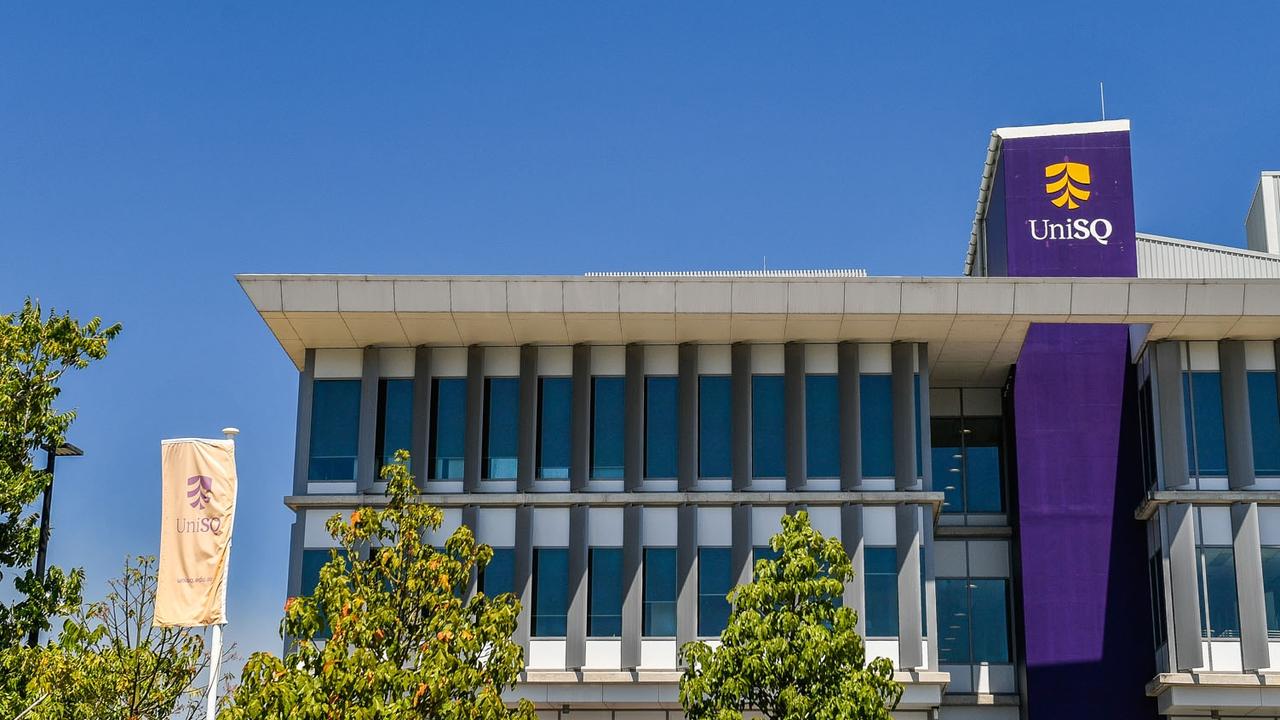Katherine Bennell-Pegg reveals what it takes to be selected from 23,000 people to become an astronaut
When Katherine Bennell-Pegg applied to be an astronaut through the European Space Agency, she was one 23,000 aspiring space travellers. Here’s what it took for the mum of two to make it through the gruelling selection process.
Tertiary
Don't miss out on the headlines from Tertiary. Followed categories will be added to My News.
When Katherine Bennell-Pegg applied to be an astronaut through the European Space Agency, she was one 23,000 aspiring space travellers.
It was a cohort of the best and brightest minds from across 22 European countries, but there was only room for six in the program.
What followed was a gruelling six-round elimination process that put the Sydney-born engineer through her paces.
There were physical tests, medical training and exams, engineer and language courses, and psychological evaluations but through it all Ms Bennell-Pegg held tight to the dream she had harboured as child – to go to space.
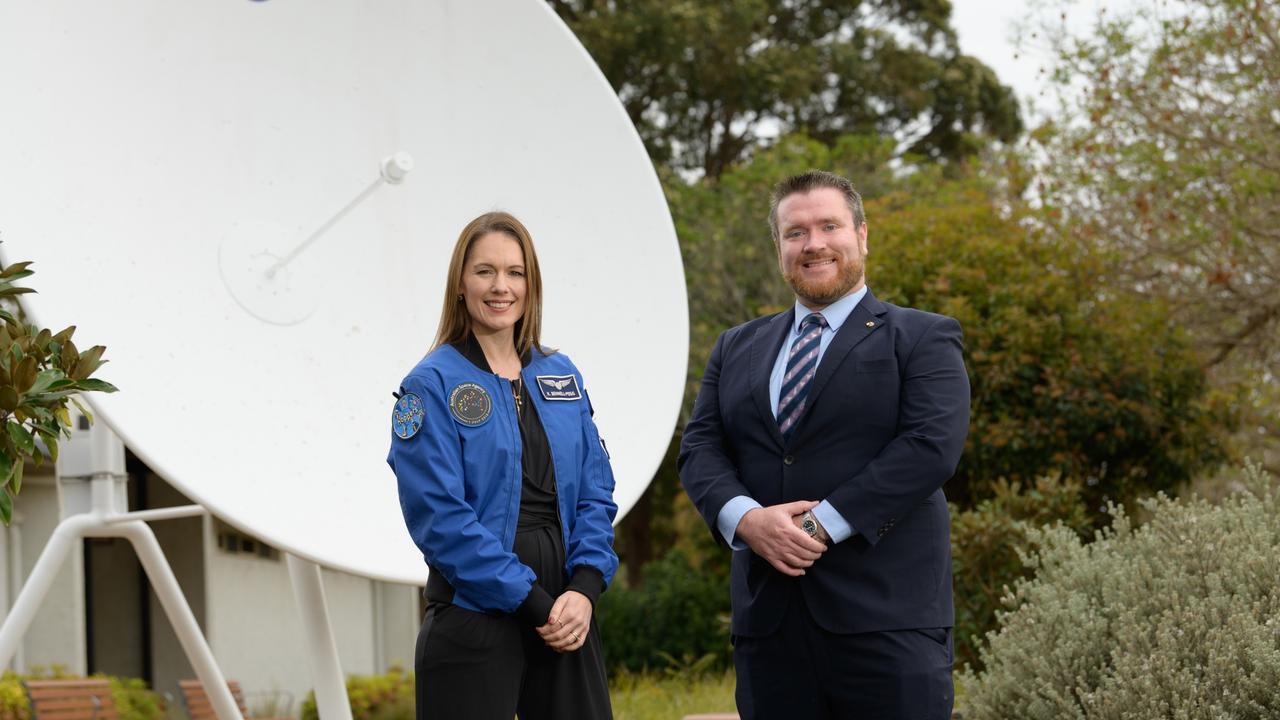
“When I was really young, junior school, I used lay on the grass and looking at the stars and when I realised that some of the lights were actually planets I wanted to explore them,” Ms Bennell-Pegg said.
“Most Australian kids grow up among nature and that gives them a strong curiosity about the world around them and that curiosity of an adventurer and wanting to explore drives a lot of Aussie kids towards space.
“Seven in ten Aussie kids would go to space if they could.”
Today’s astronauts must be all-rounders.
Their most likely mission will be to the International Space Station for a six-month deployment, so they need to have solid technical skills. However they must also be trained in medicine, flight, languages and science.
They must be fit and healthy as they are required to exercise for two hours each day to stop their muscles and bones from wasting away.
In many ways they’re test subjects, with their bodies and minds studied long after they return to Earth, to better understand the effects of life in zero gravity.
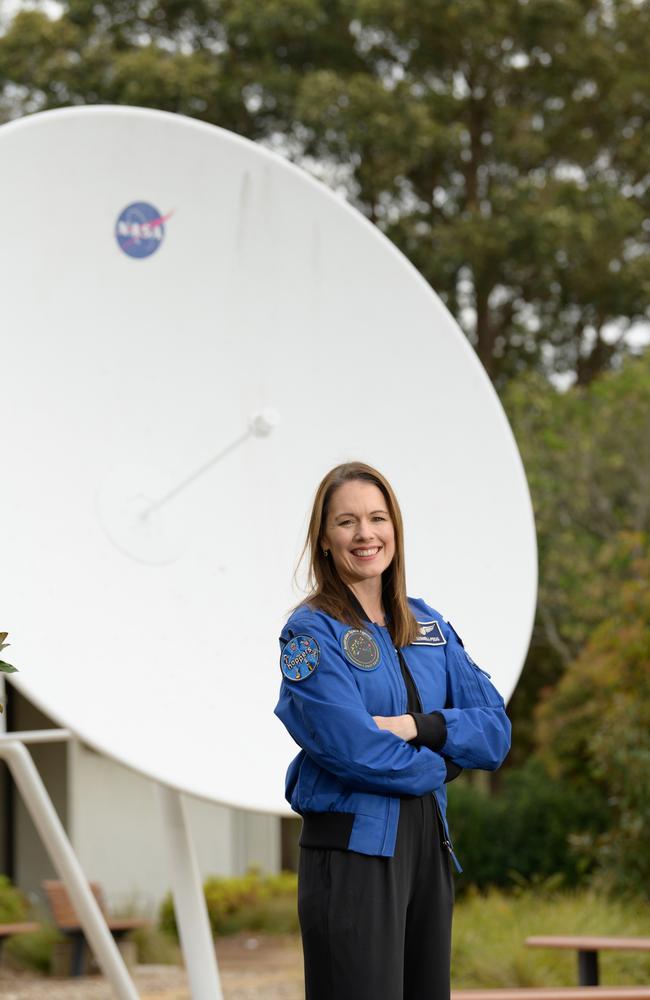
Ms Bennell-Pegg was in Toowoomba on Thursday to speak to children at the Cobb and Co Museum and to receive an honorary doctorate from the University of Southern Queensland.
The university recently became just the second in Australia to offer a specialist degree in space engineering.
While Ms Bennell-Pegg said that having an idea of what she wanted to do with her life helped her push through the hard times of her early study.
She said this focus was a trait common for the women in science, technology, engineering and maths that she has met through her career with the Australian Space Agency.
“I didn’t really know what engineering was beyond the definition of the term but I think I’m just one of many young people that’s been drawn to a technical career because they like space,” Ms Bennell-Pegg said.
“A lot of women that I studied with were there because they liked the topic.
“They weren’t there usually to do a generalist engineering, usually they loved biomedical engineering, or they were really interested in space or planes.”
After graduating Ms Bennell-Pegg moved overseas to work in the US and Europe before coming home when the Australian Space Agency opened about six years ago.
While she waits for a mission to the International Space Station, the Moon or even Mars, Ms Bennell-Pegg works at the ASA developing the space capability growth pathways, technology scouting, developing moon mission concepts for the Rover, and growing launch and returns capability.
A big part of this involved talking to and inspiring students
“My advice to children is to try out a lot of different things, to find the intersection of what they enjoy and what they’re good at,” Ms Bennell-Pegg said.
“If you pursue what you enjoy, you’re more likely to have a fulfilling career.
“Be purpose driven, not just thinking about what they want to be, but what you want to contribute, what problems they want to help solve.
“Australian kids know how to back themselves on the sporting pitch but often, if they’re not top of the class in science, they feel intimidated. So my message to kids would be, ‘back yourself.’”.





